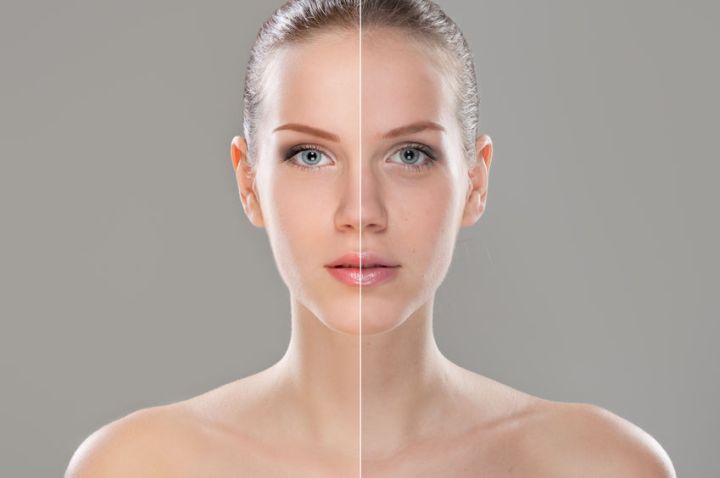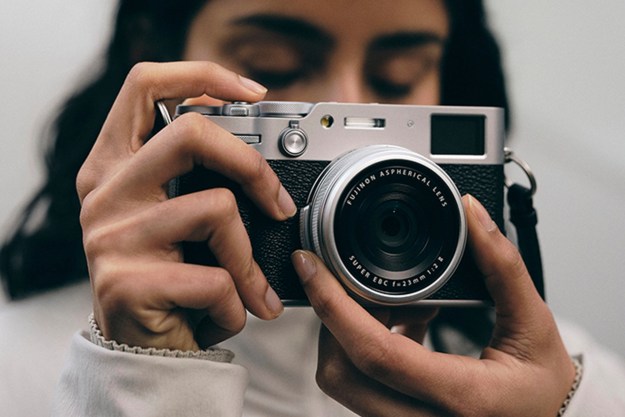
The change affects the company’s Creative Stills submission requirements for both Getty Images and the Getty-owned company iStock. (Such alterations were already against the submission policy for the company’s editorial images). According to the note from the company, the update requires that photographers “do not submit to us any creative content depicting models whose body shapes have been retouched to make them look thinner or larger.”
The restriction applies only to body shape — corrections such as removing acne or a scar, changing hair color, whitening teeth or altering the shape of a nose are still acceptable for the stock image category. The change is designed to allow the platform to comply with the new French law, but applies to all contributors worldwide, which will allow French publications to more easily navigate which images they can use and which images require a label.
Getty told DPReview that altering body image inside commercial stock photography is rare, as the industry trends towards more authentic images. For the altered images that are already part of the catalog, the company said that it will work with customers to make sure that they comply with the new law, but did not detail exactly what that entails.
The legislation was passed back in 2015, and was designed to curb eating disorders and promote a healthy body image. The first part of the law requires models to have a health certificate stating that they have a body mass index of at least 18 before working as a model. The second portion, which goes into effect on October 1, requires any images where the model’s body has been altered to use a “retouched photograph” label. Companies that break that law could see fines of up to 75,000 euros, which is around $88,000, and corporate officers could even receive up to six months of jail time.
Israel, Spain, and Italy all have similar legislation.




